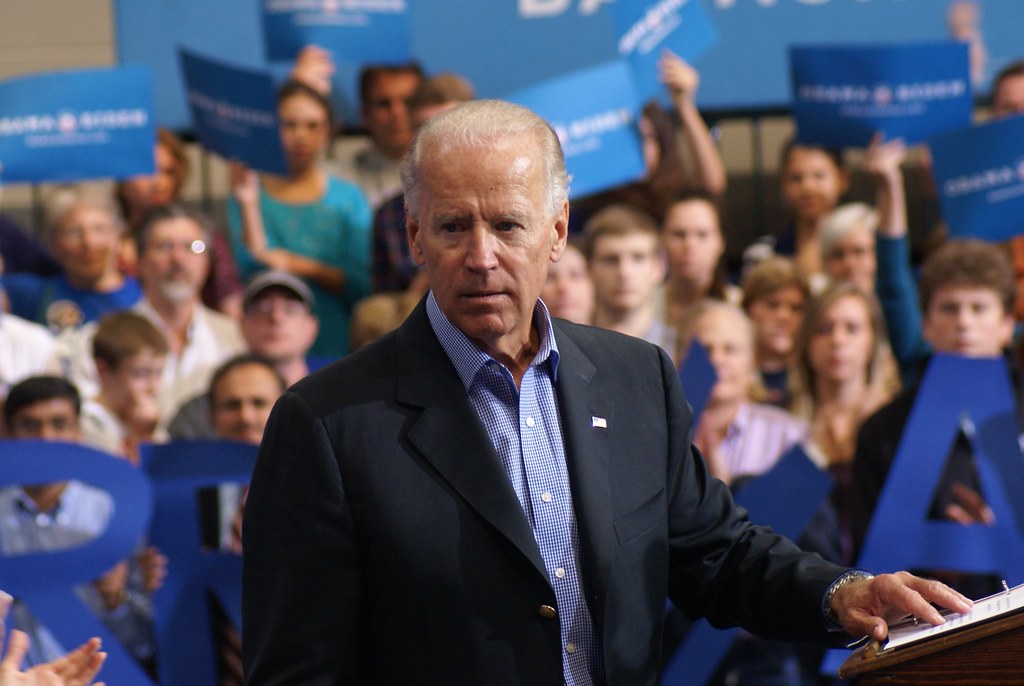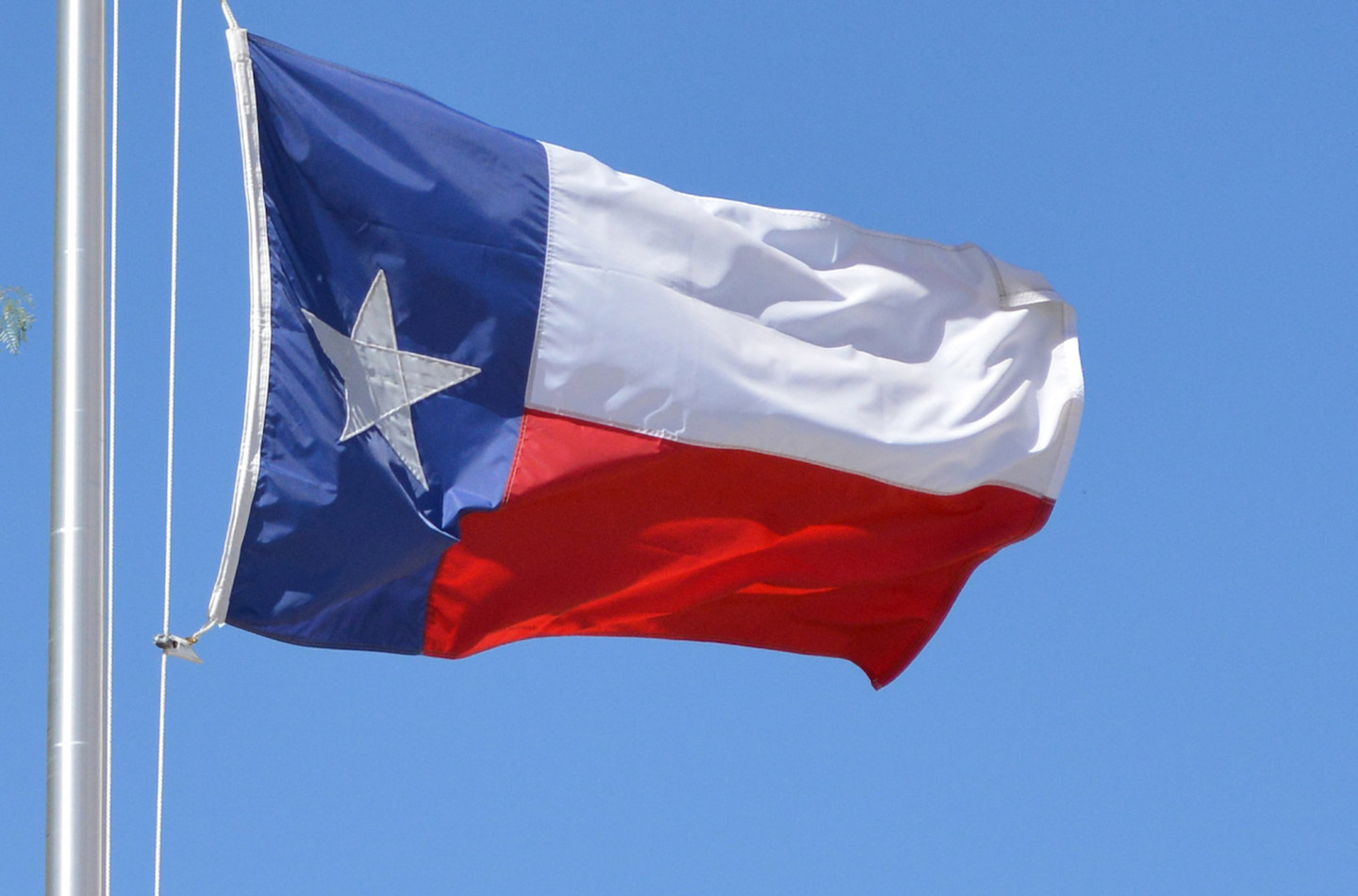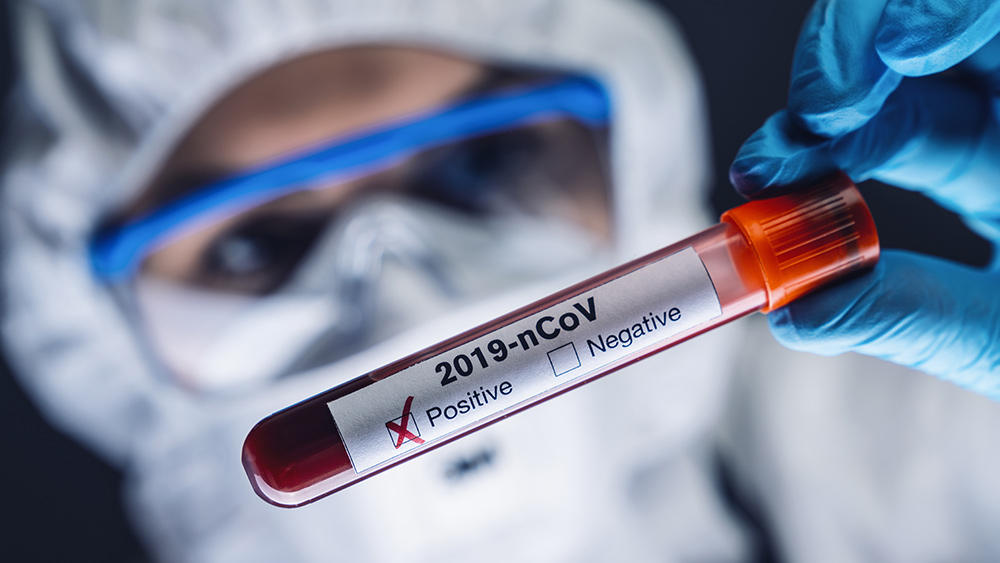Biden Cancer Initiative paid execs generously while spending little on cancer
06/30/2020 / By Isabelle Z.

The Biden Cancer Initiative, a cancer charity set up by presidential hopeful Joe Biden, is coming under fire for the way it spent its funds after a new report revealed that far more money went to paying its top executives than they devoted to their stated goal of eradicating cancer.
According to tax forms from 2017 and 2018, the nonprofit raised and spent $4.8 million during its two years of operation. Just over $3 million of that was spent on salaries, compensation and other benefits, the Washington Free Beacon reported.
The charity’s president, Greg Simon, took home $224,539 in 2017 and $429,850 in 2018. Their Vice President, Danielle Carnival, was paid $391,897 across the same two-year period. Both individuals previously worked for the Cancer Moonshot program under the Obama administration.
Meanwhile, in the charity’s second year, Communications Director Cecilia Arradaza was paid $171,012, Science Policy Director Catherine Young earned $170,904, and Engagement Director Lisa Simms Booth took home $197,544.
All told, the charity’s salaries made up almost 65 percent of its total expenditures; this is far higher than the 25 percent that charity watchdogs recommend that nonprofit groups spend on their administrative and fundraising costs combined.
In addition, the initiative spent $1.7 million on all its other expenses, the majority of which – $740,000 – went to conventions, meetings and conferences. They did not cut any grants to any other groups during the charity’s run.
The nonprofit received most of its funds from indirect money pledges received through 57 partnerships, including those with health insurance and drug companies.
Charity Navigator, a group that analyzes charities and rates their effectiveness, found that nonprofits similar to this one paid top executives $126,000 per year on average. That is a good deal less than the $224,539 Simon received in 2017 and nearly a third of the $429,850 he made in 2018. The main criteria used by Charity Navigator in assessing charities is whether or not they spend more than three fourths of their expenses directly on their programs, and Biden’s cancer group simply doesn’t make the cut.
Before he entered the presidential race, Biden and his wife, Jill, stepped away from the initiative to avoid any potential conflict of interest. The initiative closed abruptly on July 11, 2019.
The nonprofit, which the AP described as “his defining venture since leaving the Obama White House,” reportedly struggled to maintain momentum when the Bidens put an end to their involvement.
Questions about conflict of interest have long surrounded Joe Biden
Many of the organizations that were involved in the charity had regulatory or financial interests before the federal government, raising questions about a serious conflict of interest. New York University Bioethics Professor Arthur Caplan said that the charity’s reliance on partners in the health care industry could have seen the foundation’s supporters getting favorable treatment in the case of Biden being elected president.
There have been lots of questions surrounding how those close to Biden seem to profit from their access to him. Biden’s son, Hunter, was given $50,000 per month to sit on the board of Burisma, a Ukrainian energy company, despite being unqualified. Joe’s brother, James Biden, worked for a construction firm that went on to snag a $1.5 billion contract for building homes in Iraq during the time that Biden was overseeing Iraq policy.
Biden, whose son, Beau, died of brain cancer in 2015, has said that finding a cure for cancer is one of the top goals he would work on as president. The Biden Cancer Initiative was originally set up to address a disparity in cancer treatment, but it’s clear that very little funding was actually being used to achieve that aim.
Sources for this article include:
Tagged Under: Biden Cancer Initiative, cancer charity, charity, conflict of interest, corruption, deception, fraud, Joe Biden, President Trump, rigged, skimming, Twisted



















